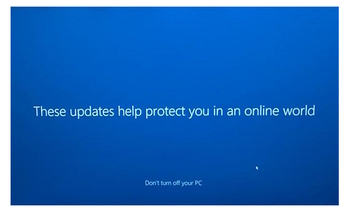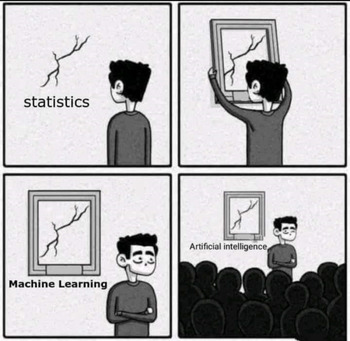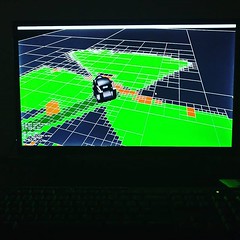
As I’ve mentioned a few times over at RealityFragments, I’ve been working on a book and I’ve been using LibreOffice for it. Why should I pay for a subscription to software to do something so basic? Why should I pay for something when I don’t have to? These are questions that many people who have been indoctrinated into the Microsoft brand don’t seem to ask as often as they should.
However, I seem to have outgrown LibreOffice for the book and did a lot of research on it. There’s a lot to keep track of even with a simple blog post here on KnowProSE.com, much less a science fiction/fantasy novel. I tried a few and I settled on Scrivener because where I have outgrown LibreOffice in this regard, I feel like I can grow into Scrivener.
I bought it last night, and am already finding it a step up from what I’ve been doing. I have been writing long enough now to know what I need to write. Before, this was not the case and LibreOffice worked well not just for writing as I was, but for allowing to find out what best I needed personally. The price of LibreOffice is also impossible to beat, and I still have it for the office suite.
Yet there was a cool thing that I didn’t realize that I needed. It cost me about $20 more, but I spent hours last night organizing some research using Scrapple. I’d best describe it as a Mind Map and a one-user Wiki. It’s actually one of the things I’ve been missing, having tried standalone Wikis to organize things.
Scrapple isn’t necessarily just for writing either. I could see it being used for a variety of things. That you can link documents in a ‘Scrapple’, images inclusive, is awesome for me.
If you are looking for a step up in writing tools, I’d suggest heading over to LiteratureAndLatte and give Scrivener and Scrapple a shot with their free trial. It may not be for everyone, but having spent hours last night with it, it’s worth a look.
If I’m up to it, I might do a deep dive review. I think that won’t happen because writing, as I know it, is a personal process and everyone is different. The tools we use have the commonalities we agree upon, much like language itself – we build our own little worlds.



